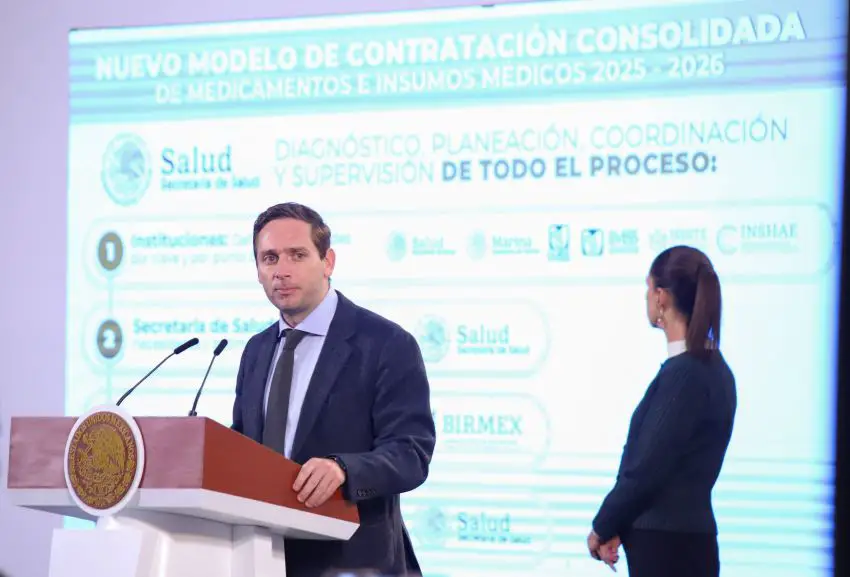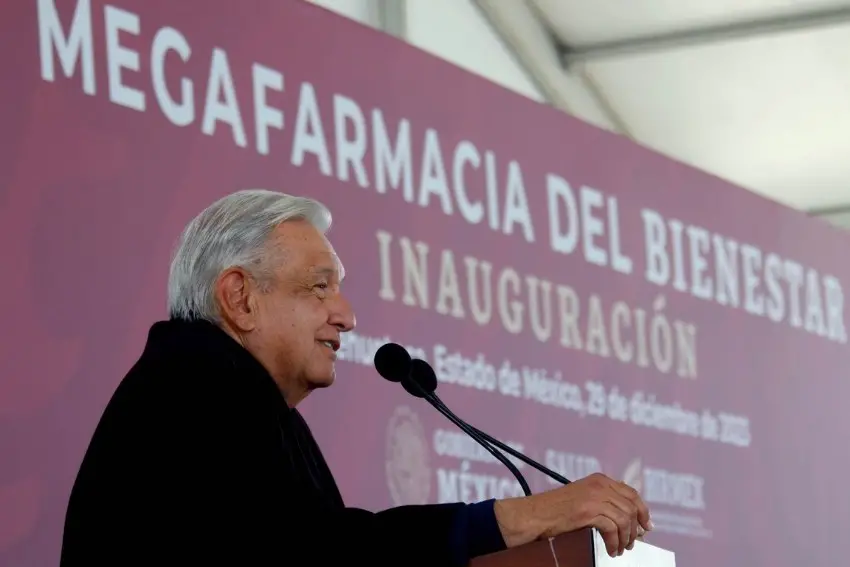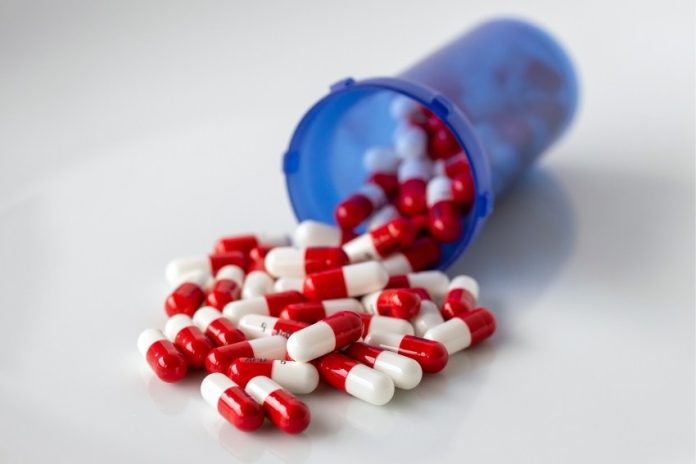Mexico’s federal government on Thursday presented a new medication purchasing model aimed at ensuring the availability of medications in the nation’s public health system.
Deputy Health Minister Eduardo Clark García outlined the new model at President Claudia Sheinbaum’s morning press conference, saying that the new system would manage the acquisition of pharmaceuticals in an efficient and cost-effective way.

He explained that:
- The Health Ministry will be in charge of the entire process.
- Public health care providers, including IMSS and ISSSTE, will submit their medication and medical supplies requirements to the Health Ministry.
- The Health Ministry will review and “validate” their requests.
- State-owned medical company Birmex will make a “consolidated purchase” of required medications and medical supplies after asking suppliers to submit bids.
- Birmex will seek the “best conditions” for its purchases in terms of “quality, efficiency and price.”
- The medications and supplies will be delivered to public hospitals and other healthcare facilities.
- “Digital systems” will be used in all stages of the medication procurement process.
“We’re seeking to guarantee maximum transparency and maximum participation [of pharmaceutical companies], both national and international, in order to promote competition and guarantee …[medication] quality … [at a good] price,” Clark said.
Medication shortages plagued the public health system during the government of former president Andrés Manuel López Obrador, triggering numerous protests, including by parents of children with cancer.
The López Obrador administration signed an agreement in 2020 with the United Nations Office for Project Services to collaborate on the international purchase of medicines, medical supplies and vaccines, but the shortages persisted.
In late 2023, the ex-president inaugurated a state-owned “Well-Being Megapharmacy,” which he said would provide a “definitive way out” of medication shortages. But it has faced its own problems in sourcing medications, according to an El Universal newspaper report published earlier this year.

On Thursday, Clark said the government was “evaluating different ways” to distribute medications “more efficiently.”
“… We’re also optimizing and digitalizing the delivery and reception processes at each delivery point, ensuring that there is not excessive bureaucracy or abundant paperwork,” he said.
Sheinbaum told reporters that the “so-called mega pharmacy” — located in México state, about 70 kilometers north of central Mexico City — will continue to be used. She noted that its processes will also be fully digitalized.
The president said that the government will spend some 130 billion pesos (US $6.5 billion) annually on medications and medical supplies and expressed confidence that her administration “will get even better prices” than those obtained by its predecessor.
There will be “transparency” and “zero corruption” in the medication procurement process, Sheinbaum pledged.
Health Minister David Kershenobich Stalnikowitz noted that the acquisition of medications and medical supplies is a “fundamental aspect in the realm of public health and that a reliable supply of medications “guarantees access to preventative treatments, primary care and treatment of illnesses.”
“We shouldn’t just think about curing illnesses, but also about prevention and primary care,” Kershenobich said.
Mexico News Daily
